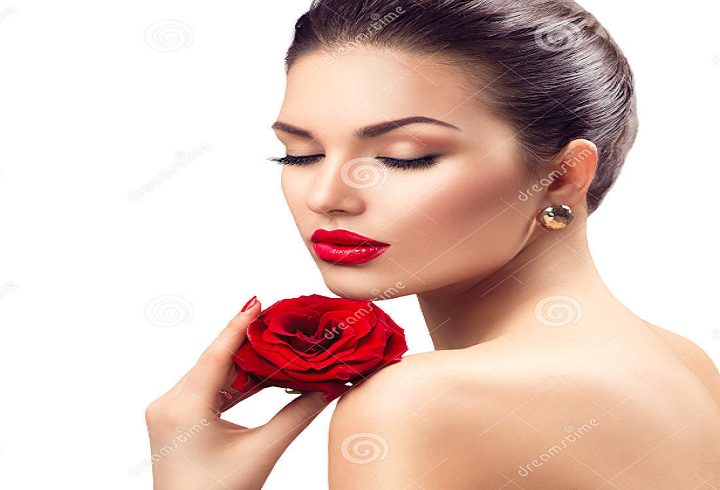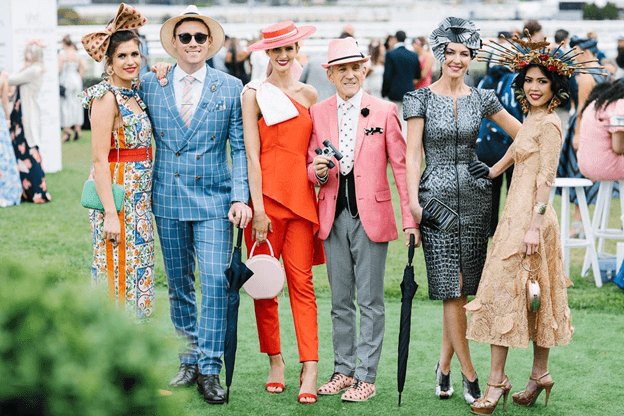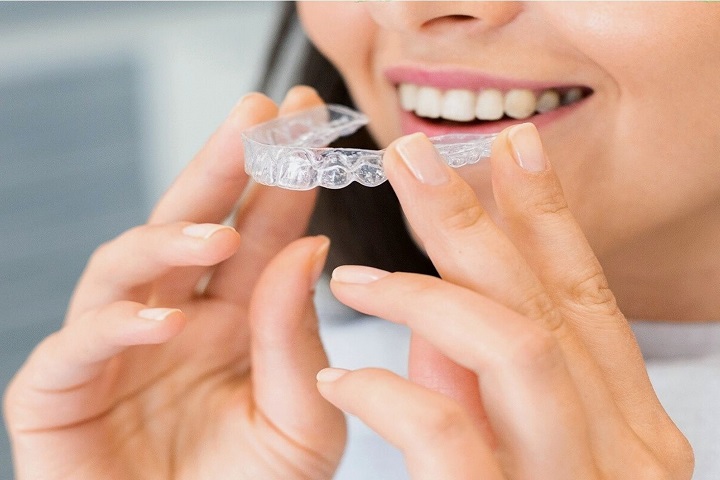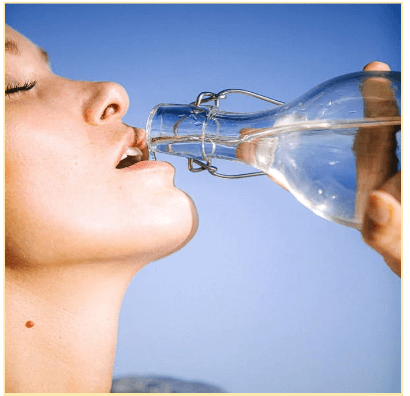Beauty is a complex and multifaceted concept that has been studied and debated by scholars, philosophers, and artists for centuries. At its core, beauty is often thought of as a combination of physical attributes and inner qualities that come together to create a sense of balance and harmony.
Physical beauty is typically associated with symmetrical features, clear skin, and a youthful appearance. However, it is important to note that standards of beauty vary greatly across cultures and time periods. In some cultures, for example, a fuller figure is considered more attractive, while in others, a leaner physique is preferred. Additionally, the beauty ideal for women has changed throughout history, with the hourglass figure of the 1950s giving way to the waif-like look of the 1990s.
Inner beauty, on the other hand, refers to a person’s character, personality, and overall demeanor. This type of beauty is often associated with qualities such as kindness, intelligence, and a sense of humor. Inner beauty is often considered more important than physical beauty, as it is thought to be more enduring and meaningful.
It is also worth noting that beauty is often perceived in a subjective manner, as it is based on individual tastes and preferences. What one person finds beautiful, another may not. Additionally, it is important to recognize that the way beauty is portrayed in the media and advertising often does not reflect the diversity of human beauty in the real world. This can lead to feelings of inadequacy and low self-esteem among those who feel they do not conform to the traditional ideals of beauty.
Overall, beauty is a complex and ever-changing concept that encompasses both physical and inner attributes. While physical beauty is often associated with symmetry, clear skin, and a youthful appearance, inner beauty is associated with qualities such as kindness, intelligence, and a sense of humor. Beauty is also often perceived in a subjective manner, and can vary greatly across cultures and time periods.






